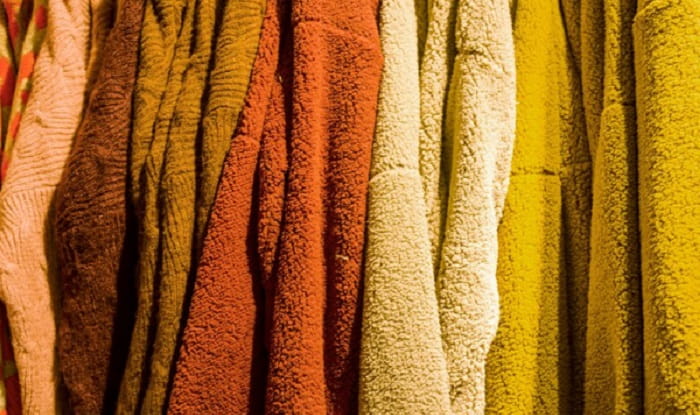Most of the pollution that comes from the textile business is caused by the dyes and chemicals that are used to color the clothes. Using harmful chemicals, a lot of water, and putting dangerous trash into the environment are all common parts of traditional coloring methods. But as people become more aware of environmental problems, sustainable textile paints have been created and are now widely used as eco-friendly and natural ways to color clothes. These new ideas are changing the business world, making it less harmful to the earth, and paving the way for a better future.
Why traditional textile dyes don’t work
Synthetic colors made from petrochemicals are usually used in traditional ways of dying textiles. A lot of water and energy are needed to make these dyes, and a lot of trash is made. Some of the most important environmental problems caused by traditional colors are:
- Water Pollution: The process of dying can release wastewater that contains dangerous chemicals into bodies of water that haven’t been cleaned up. This can pollute the water and hurt aquatic life.
- Chemical Use: Harmful chemicals like azo compounds, heavy metals, and formaldehyde are often found in synthetic colors, putting workers and customers’ health at risk.
- High Energy and Water Use: The process of dying uses a lot of water; about 200 liters of water are thought to be needed to dye one kilogram of cloth. Also, a lot of energy is needed to heat the water and stick the colors to the cloth.
Eco-Friendly Ways to Dye Things
To deal with these problems, the textile industry is moving more and more to environmentally friendly coloring and dyeing methods that are durable. Some important new developments in eco-friendly cloth colors are:
- Natural colors: Natural colors come from things that can be used again and again, like rocks, plants, and insects. Indigo comes from the indigo plant, madder comes from the seeds of the madder plant, and cochineal comes from bugs. Because these colors don’t harm plants or animals and break down naturally, they can be used instead of manufactured dyes in the long term. But the color of natural dyes may not be as constant, there are multiple type of natural dyes having its own various advantages and disadvantages.
- Low-Impact Dyes: Second, there are low-impact colors, which are man-made dyes that are made to use less water, energy, and waste. There are no heavy metals or harmful chemicals in these dyes, and they often have higher fixing rates, which means that more of the dye sticks to the cloth and less goes away in the water. Fiber-reactive dyes and acid dyes that bond directly with fabrics at lower temperatures are two examples.
- Waterless Dyeing Technologies: New ideas like supercritical CO2 coloring get rid of the need for water in the dying process. CO2 is heated and pressed down in this way to make a supercritical fluid that can break down colors and move them to fabrics. This method cuts water and energy use by a lot and gets rid of the need to dump garbage.
- Digital Textile Printing: Inkjet printers are used in digital printing to add color to fabrics. This method uses less water and chemicals than traditional screen printing. Digital printing is a more environmentally friendly way to decorate cloth because it uses less ink and leaves behind less waste.
- Dyes that use enzymes: Enzymes are biological agents that can be used instead of harsh dyes. Enzyme-based coloring methods improve the uptake and absorption of dyes while using less water and energy and fewer dangerous chemicals. This method also makes materials softer and better at keeping their color.
The Future of Eco-Friendly Dyeing for Clothes
As more people and brands want healthier goods, the move toward eco-friendly cloth colors is picking up speed. Businesses are spending money on research and development to come up with new ways to dye fabrics that are better for the environment. Certifications like GOTS (Global Organic Textile Standard) and OEKO-TEX® also encourage the use of eco-friendly colors by setting strict rules for making textiles.
Using eco-friendly coloring methods not only helps the environment, but it also builds a brand’s image and meets the growing demand for fashion that cares about the environment. The textile business can make big steps toward a more responsible and sustainable future by putting sustainability first.
Check out more in-depth pieces about the newest cloth styles and inventions. Visit our Textile Industry Articles area today to stay up to date and learn how sustainability is changing the future of textiles.

































